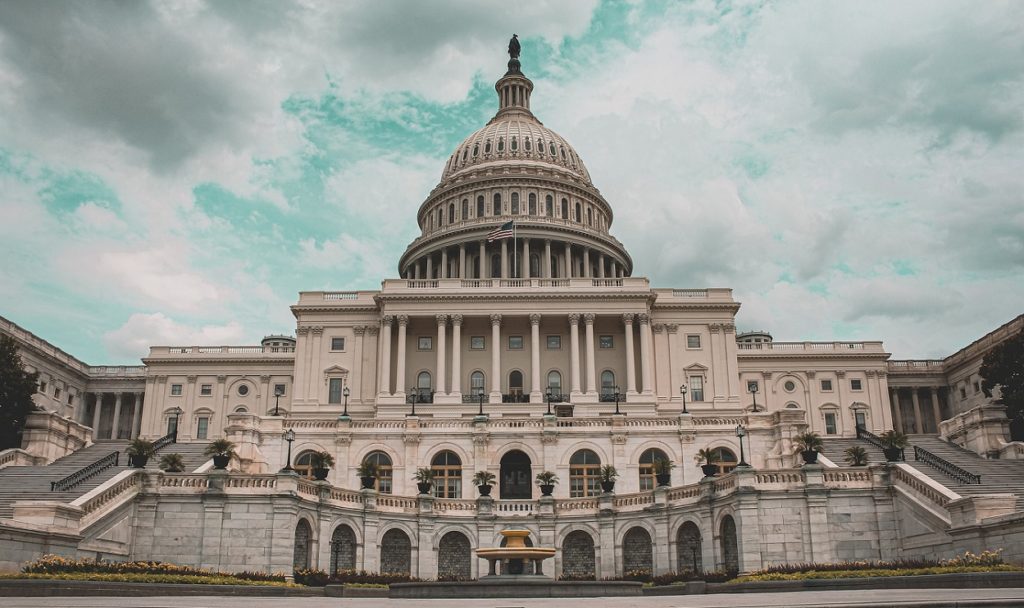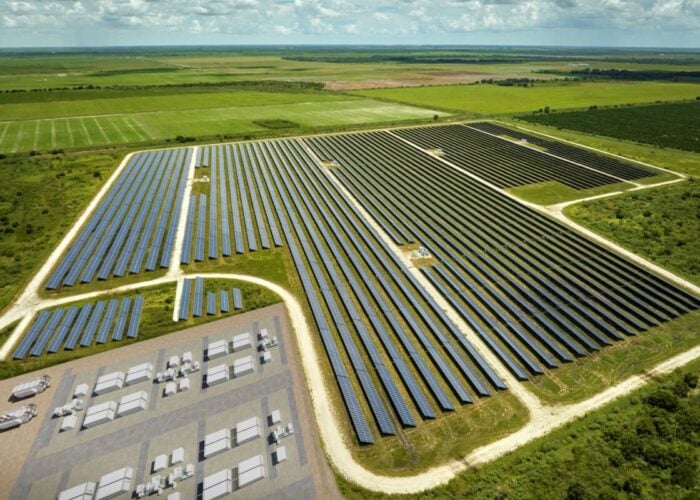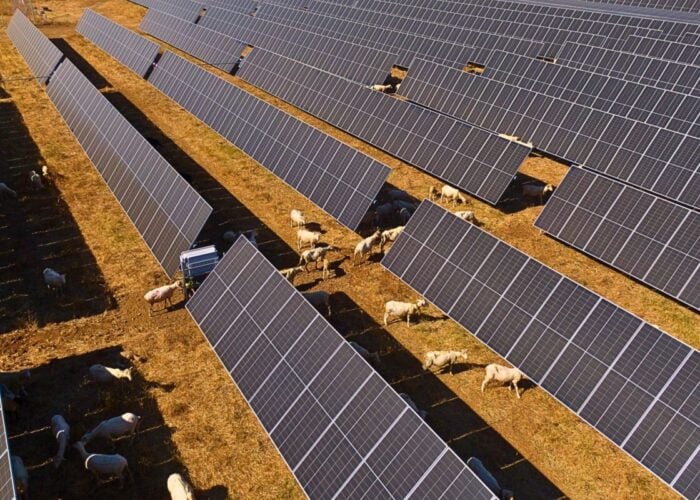
The US House of Representatives has finally unveiled proposals which would extend the Solar Investment Tax Credit (ITC) for 10 years at 30%, but only for projects meeting certain labour conditions.
A domestic content bonus could meanwhile boost tax credits for solar projects to 40%, while a revival of the production tax credit (PTC) for solar and the addition of an ITC for energy storage projects have also been included within the proposals.
Unlock unlimited access for 12 whole months of distinctive global analysis
Photovoltaics International is now included.
- Regular insight and analysis of the industry’s biggest developments
- In-depth interviews with the industry’s leading figures
- Unlimited digital access to the PV Tech Power journal catalogue
- Unlimited digital access to the Photovoltaics International journal catalogue
- Access to more than 1,000 technical papers
- Discounts on Solar Media’s portfolio of events, in-person and virtual
Late Friday the House Ways and Means Committee published its Committee Print for Subtitle G of the list of recommendations to the budget reconciliation legislature. Subtitle G pertains to green energy and details new and existing renewable energy and energy efficiency incentives to be included within the budget resolution, including both the ITC and PTC for renewables.
It proposes to extend the ITC in full for 10 years before phasing down the credit value between 2032 and 2033.
There is both a base credit rate for qualified energy property which all projects can receive of 6%. To receive the full credit rating of 30% – and the 26% and 22% rates available in 2032 and 2033 respectively – conditions pertaining to prevailing wages and apprenticeships must be met.
In the US, a prevailing wage is defined as the average wage paid to similarly employed workers within certain industries, with data available via the National Prevailing Wage Center or an online wage library which includes information on pay for sectoral workers on a state-by-state basis.
All projects which commence construction before the qualifying date of enactment – or have a maximum net output of less than 1MW, i.e. residential and small C&I rooftops – are to be eligible for the bonus rate and exempt from other requirements, in what could constitute a significant boon for those particular markets.
For all projects where construction starts after the 31 December 2033 enactment deadline, there is a tax credit base rate of 2% or a bonus rate of 10%.
Furthermore, an additional 10% bonus credit rate is available for projects – taking the ITC to a total of 40% – if the project uses at least 55% of content manufactured domestically.
There is also an additional bonus credit of 10% for projects located in a low-income community, with an annual capacity limit of 1.8GW for each year from 2022 through 2031, subject to various qualifying conditions.
The PTC for solar meanwhile is to be revived and extended in full until 2031, before phasing down to 80% in 2032 and 60% in 2033. The PTC ensures a base credit rate of US$0.005c is to be paid for each kilowatt-hour of energy produced, while an additional bonus rate of US$0.025c/kWh would be paid to all projects brought forward by developers satisfying conditions relating to prevailing wages and apprenticeships.
A much-vaunted tax credit for energy storage projects has also been included, with batteries or other technologies used to store electricity with a minimum capacity of 5kWh eligible for a base credit rate of 6% or a bonus credit rate of 30%, with similar prevailing wage and apprenticeship requirements.
However no credits are to be forthcoming for energy storage projects which start construction after 2033, or those which are not in service before 2036.
While the proposals will no doubt provide some semblance of clarity for the US solar industry, there remains some distance before these measures are passed into law. In pursuing these measures through a budget reconciliation US Democrats do not need a full majority in both the Senate and House, however the legislative procedure could see these recommendations amended in negotiations across the aisle.
The House Ways and Means Committee is to consider the proposals included within Subtitle G tomorrow (14 September 2021) from 09:00.
Richard E. Neal, chairman of the Ways and Means Committee, said the recommendations would “spur the development of clean energy” in the US.
“Our proposals allow us to both address our perilously changing climate and create new, good jobs, all while strengthening the economy and reinvigorating local communities,” he said.
More to follow…







